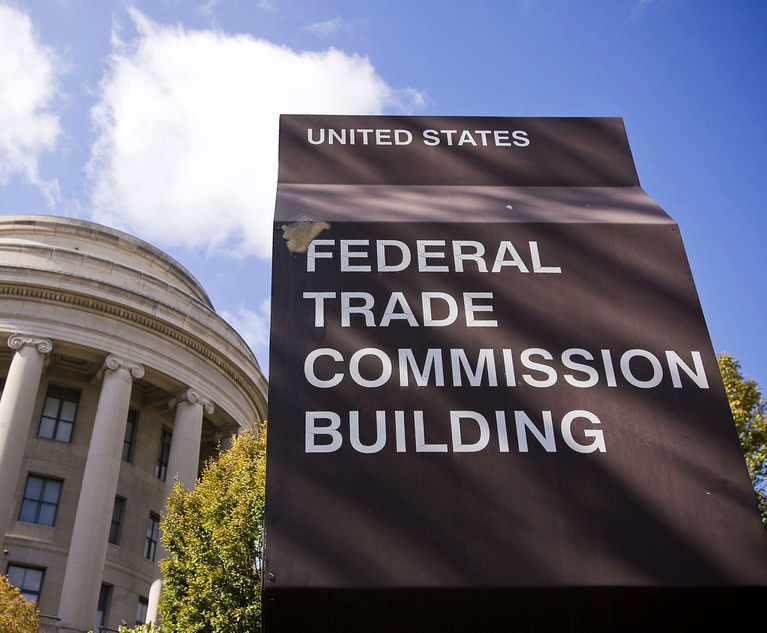On Nov. 10, 2022, the Federal Trade Commission (FTC) defined how it intends to determine whether particular conduct constitutes an unfair method of competition under Section 5 of the FTC Act. FTC, Policy Statement Regarding the Scope of Unfair Methods of Competition Under Section 5 of the Federal Trade Commission Act (Nov. 10, 2022) (2022 Statement). And, as expected, in announcing that definition, the 2022 Statement set forth a more aggressive enforcement policy for the FTC under the Biden Administration than the agency’s enforcement policy under President Biden’s predecessors.
The Obama Administration’s More Restrictive View of ‘Unfair Methods of Competition’. Section 5 of the FTC Act prohibits “unfair methods of competition in or affecting commerce.” 15 U.S.C. §45(a)(1). In August 2015, the FTC released a policy statement that circumscribed the FTC’s definition of the phrase “unfair methods of competition” to render it coextensive with the federal antitrust law. FTC, Statement of Enforcement Principles Regarding “Unfair Methods of Competition” Under Section 5 of the FTC Act (Aug. 13, 2015) (2015 Statement). In laying out its enforcement guidance, the Obama-era FTC focused on Congress’ decision not to define “the specific acts and practices that constitute unfair methods of competition in violation of Section 5” because the “application of the statute would need to evolve with changing markets and business practices.” Id. Instead, Congress “left the development of Section 5 to the Federal Trade Commission as an expert administrative body, which would apply the statute on a flexible case-by-case basis, subject to judicial review.” Id. With that background, the 2015 Statement explained that the FTC would follow the consumer welfare standard, evaluate acts under a “framework similar to the rule of reason,” and harmonize Section 5 enforcement authority with the scope of the Sherman and Clayton Acts by providing that the Commission would be less likely to challenge an act or practice on a standalone basis if Sherman or Clayton Act enforcement were sufficient. Id.


 U.S. Federal Trade Commission building in Washington, D.C. Photo: Diego M. Radzinschi/ALM
U.S. Federal Trade Commission building in Washington, D.C. Photo: Diego M. Radzinschi/ALM




